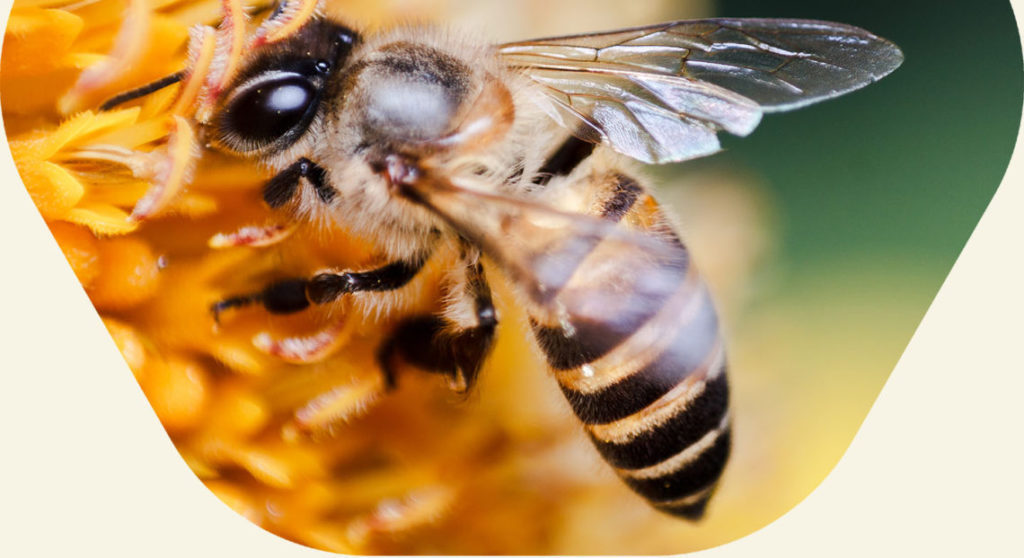The importance of an adapted bee feed
The particular importance of choosing an adapted bee feed can be demonstrated by the nutritional elements needed at the different stages of their development: at the stage of the transition from egg to insect, protein absorption plays a central role; for fully developed bees (bumble bees, workers and queens), however, the energy supply from carbohydrates is of great importance.


